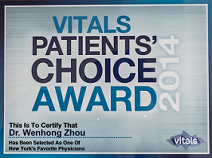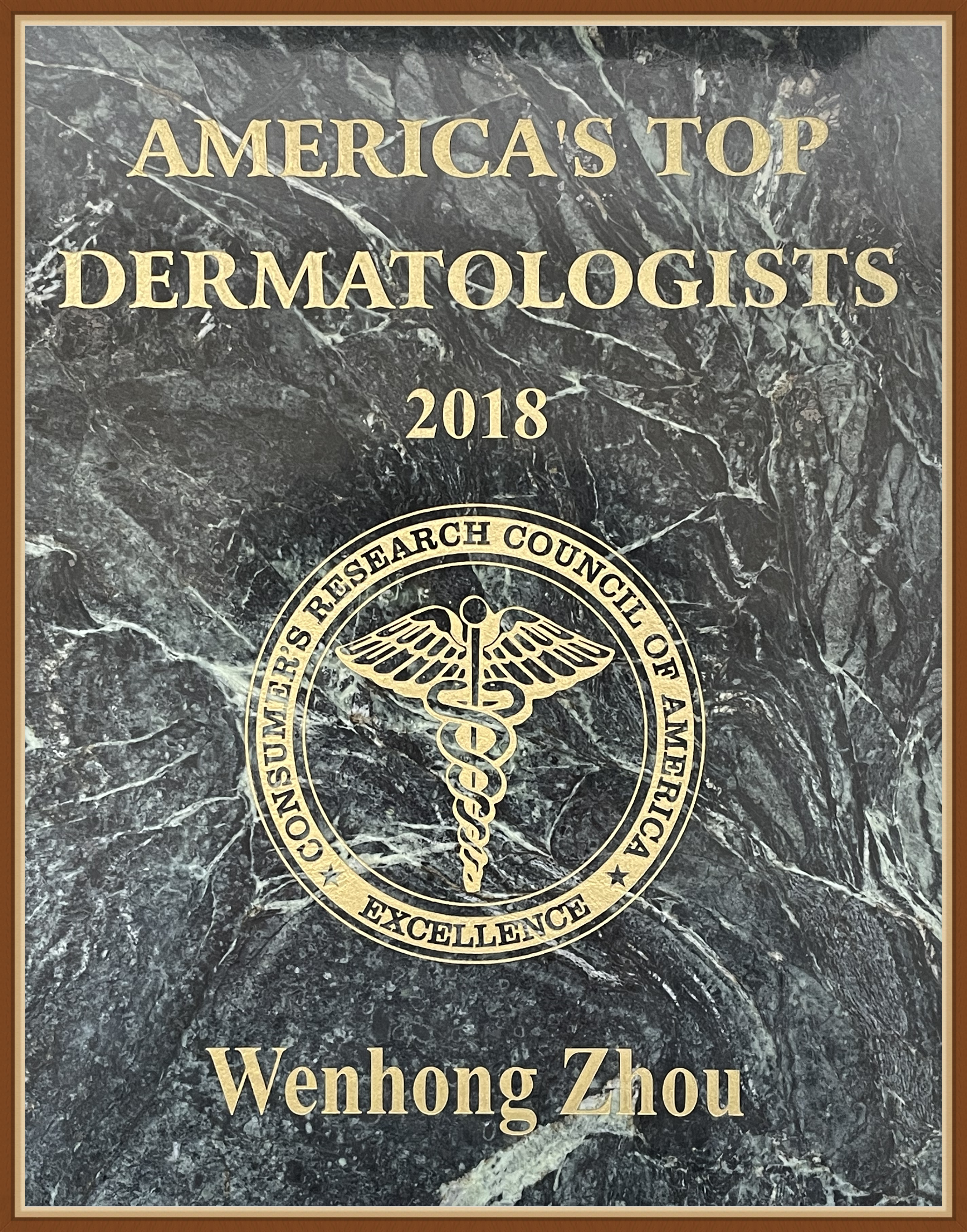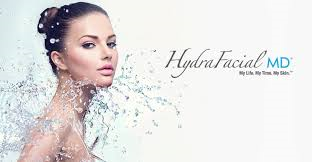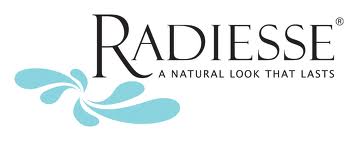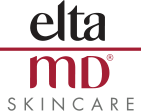Acne

Acne - without a doubt - is a teenager's most despised problem. Pimples, cysts, blackheads and whiteheads can ravage a young person's skin and destroy self-esteem. The best time to begin acne treatment is as soon as it becomes evident. Acne usually worsens if untreated. Prevention and control is preferred - before acne has had a chance to take over and cause scarring and psychological damage.
Acne is not just a teen's disease. Many adults well into their 30's, 40's and even 50's still suffer from outbreaks. It is never a good idea to "wait" for acne to go away. In some instances, irreversible scarring takes place which becomes costly to even improve.
Here are some recomendations of how to treat acne:
- Very mild acne: They can often be treated successfully with non-prescription acne-fighting preparations and special cleansers. Because acne skin is sensitive skin, it is important to use products that don't irritate your skin much. We will recommend certain acne-formulation cleansers, moisturizers, spot treatments and sunscreens for acne-affected skin.ers, spot treatments and sunscreens for acne-affected skin.
- Mild to Mid-Moderate acne: They may need additional treatment resources such as oral and/or topical antibiotics, or Light Therapy. Blue or Red Light therapy kills the acne bacteria, decreases oil production, and can keep your skin acne-free for long periods of time following initial treatment series.
- Moderate to Severe acne: They may not respond to normal measures and in some cases they are resistant to antibiotics. Isotretinoin (Accutane) remains the most effective treatment for severe acne or acne that does not respond to other treatments. It is critical that women of child-bearing age do not get pregnant while taking isotretinoin because of the serious risk of birth defects. If acne scarring has appeared, resurfacing laser, chemical peels and collagen injections can help smoothen and refine the texture of your skin.





